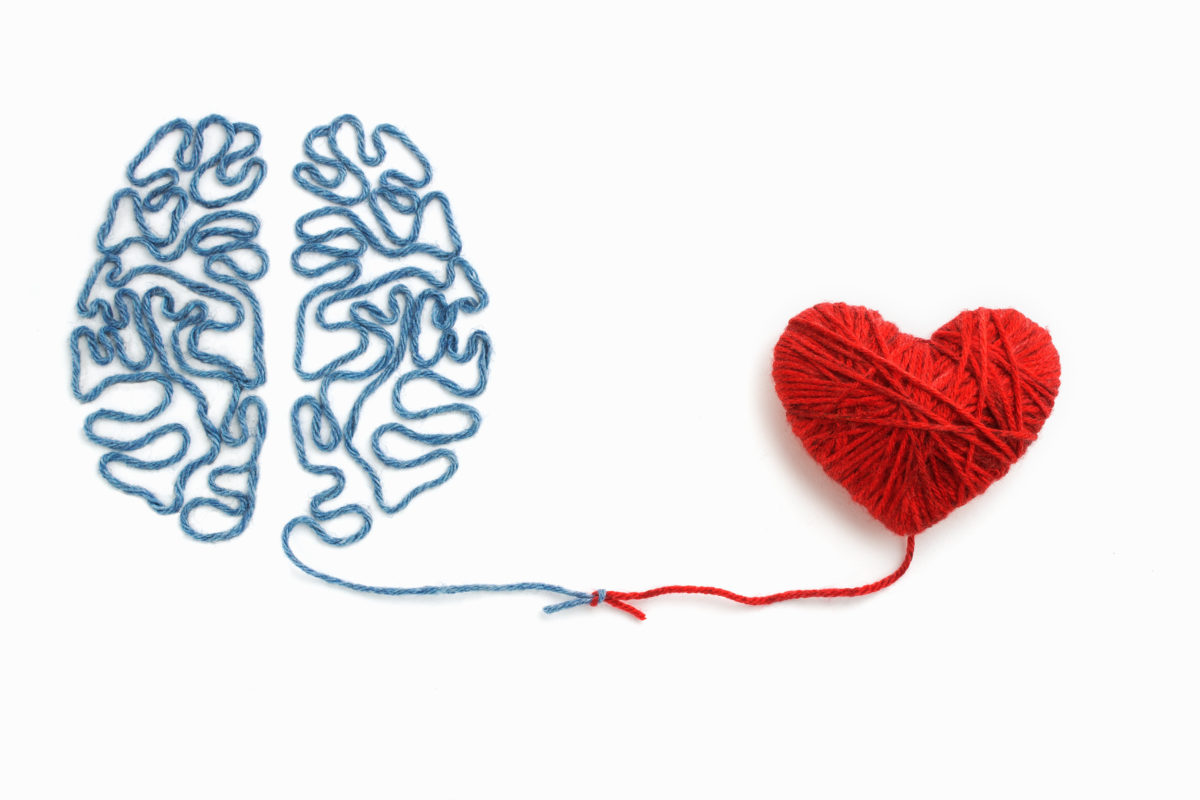Neuropsychotherapy – a multidisciplinary perspective is about being integrative of different therapies and techniques as opposed to a particular modality. This viewpoint adopts the biopsychosocial model to provide holistic care. The rehabilitation process includes several to help the clients find meaning and purpose, improve their quality of life and overall wellbeing.
1. Expressive Arts
Imagine having a new way of looking at your problems, understanding them and moving towards a solution through creativity! Yes, that’s how expressive art works. It uses your creativity to improve physical, mental and emotional well-being. It involves the use of art, music, drama, dance or movement, poetry or creative writing or bibliotherapy. Expressive art therapy uses evidence-based interventions and works on the human desire to identify, react and involve oneself with art. Using creativity as a mode of expression helps get an insight into the thoughts and emotions that one is experiencing. A non-threatening medium, it is a preferred kind of therapy for individuals who have suffered trauma and provides a free-flowing platform of communication for the client. Art confers an experience and can also be used as a part of the treatment plan for a wide variety of behavioural, emotional and mental health conditions. A major reason for the success of this therapy is because the focus is not on artistic skills but rather on the process of creating. It is through the use of your senses that the imagination can process, prosper and support healing.
2. Hydrotherapy
Hydrotherapy is the use of water, both internally and externally, for health purposes. It uses contrasting water bath, pressure jets, saunas, steam baths and spas for treatment of conditions like arthritis, cerebral palsy, etc. Cold water causes the blood from the surface of the body to flow towards the organs. Hot water opens the skin pores, stimulating the sweat glands, to remove the waste material out of the body. This alternating hot and cold water is thought to decrease inflammation and increase circulation and lymphatic drainage. Sometimes, special exercises are adjusted for an individual depending on the symptoms and the deficits. These exercises consist of slow and controlled movements, gentle stretching, flotation, and strengthening exercises against the resistance of the water. Hydrotherapy not only helps you relax, but also strengthens your posture and muscles. The weightlessness a person feels in the water relieves muscle pain and improves free flowing movements. This acts like a pain reliever, as it stimulates the release of endorphins, which in turn help to alleviate tension and control pain.
3. Horticulture therapy
Horticulture therapy involves gardening and plant based activities, which is multi-sensory in nature. This process is facilitated by a trained therapist to achieve specific therapeutic goals like finding meaning and purpose in life, improving focus and personal skills. Gardening enhances cognitive functioning, emotional release and social integration. The flexible nature of gardening allows an individual to feel empowered in a non-threatening space. It fosters nurturing skills. Research shows that the visual aesthetics of plants are known to evoke feelings of inner peace. A direct contact with plants helps an individual release stress. This has additional benefits of generating positive emotions which in turn enhances overall quality of life. The act of gardening helps an individual plan the project and see direct results. These results are significant for individual’s suffering from depression, as it gives them a sense of hope about their abilities and future. A project like this initiates the process of living with hope. The creative nature of gardening increases serotonin and dopamine levels. It brings an individual in the present boosting mindfulness.
Therapy is personalised in nature. What will work for one individual may not work for someone else. However, it is important to explore a multitude of therapies available to understand which one works best for you. Find your best fit with Synapsium today!
Authorship: Akshay Dixit, Community Outreach Coordinator at Synapsium

